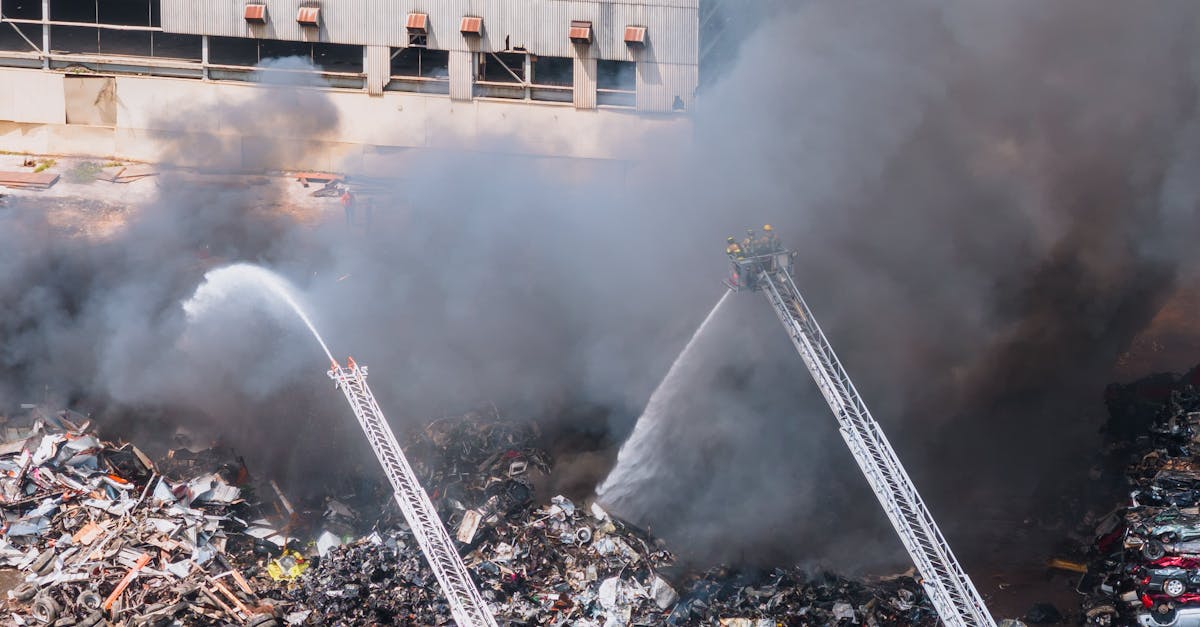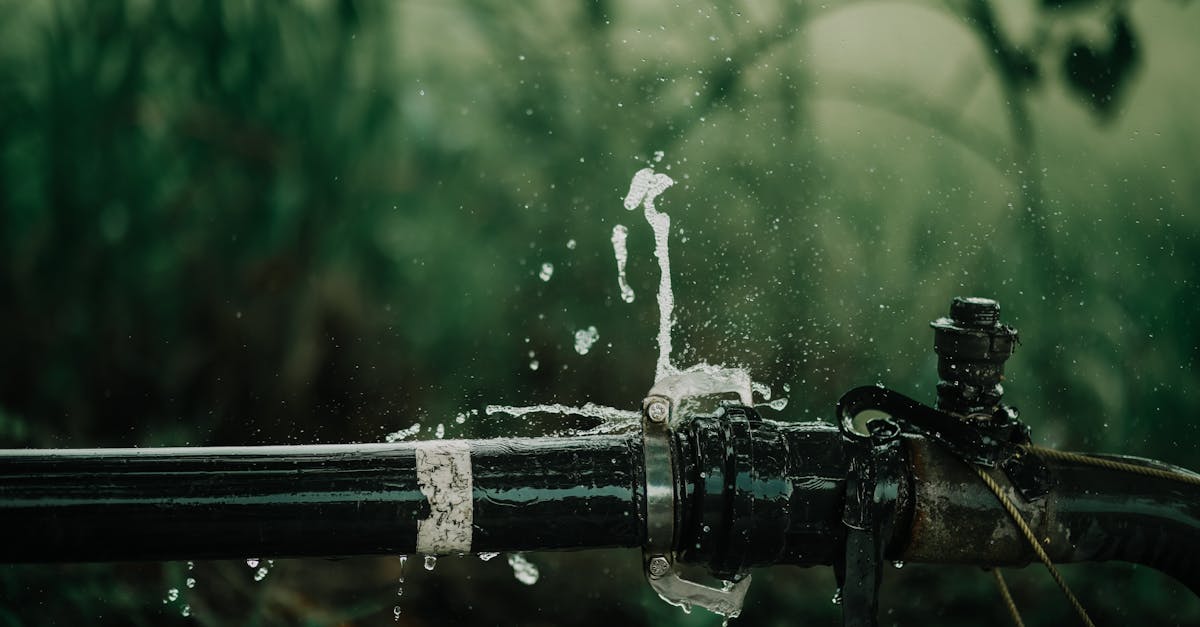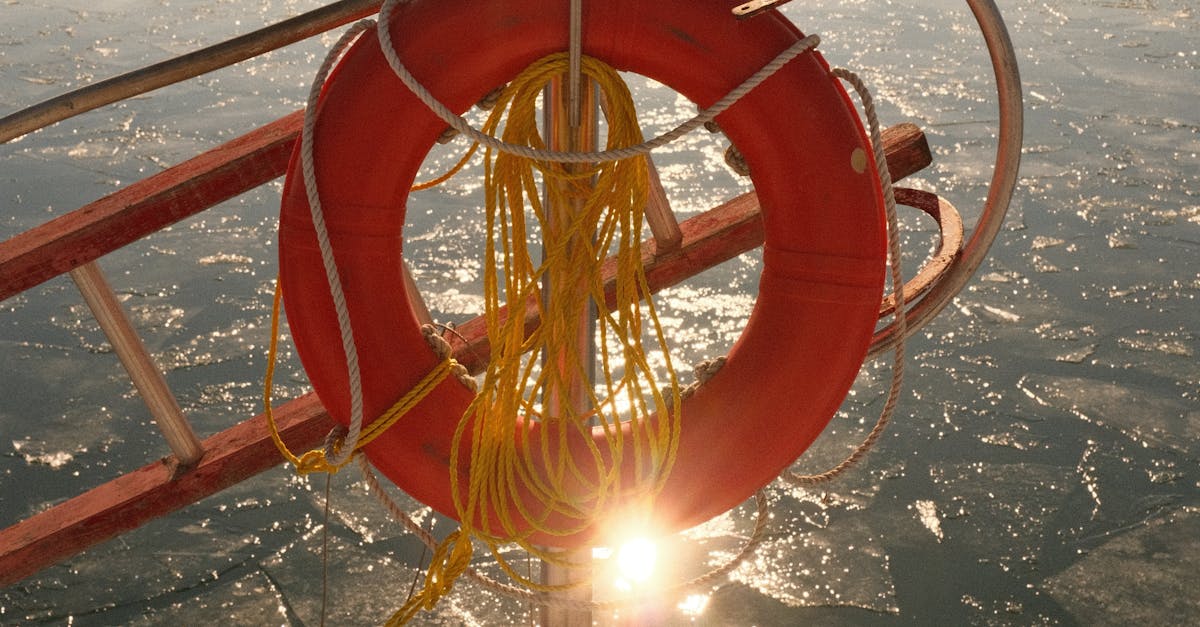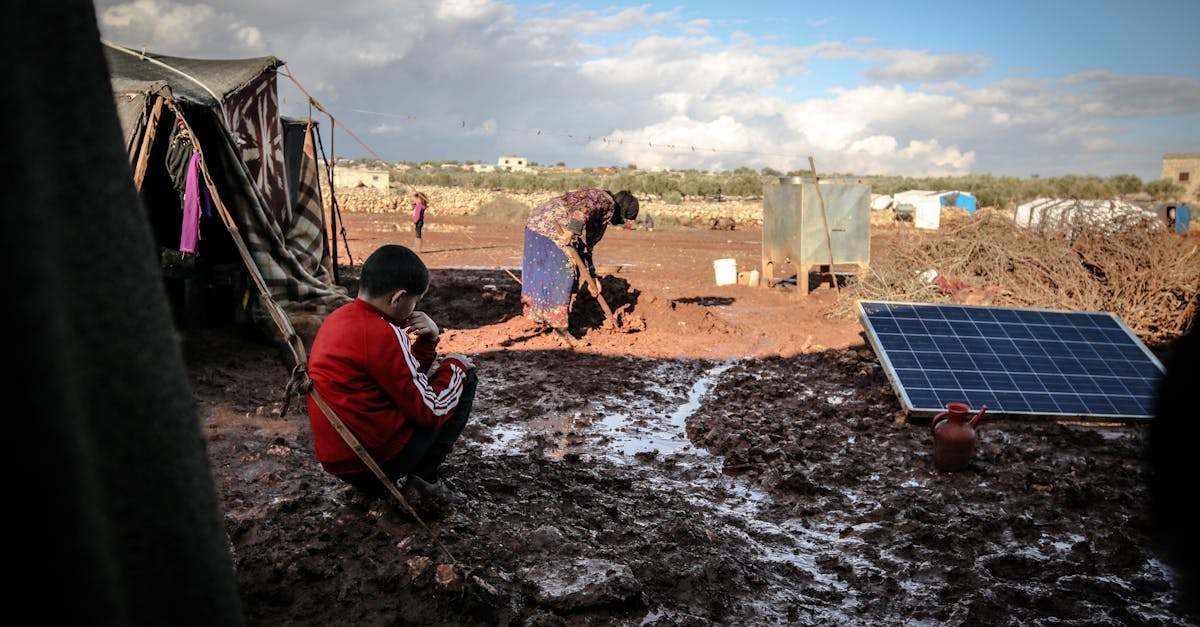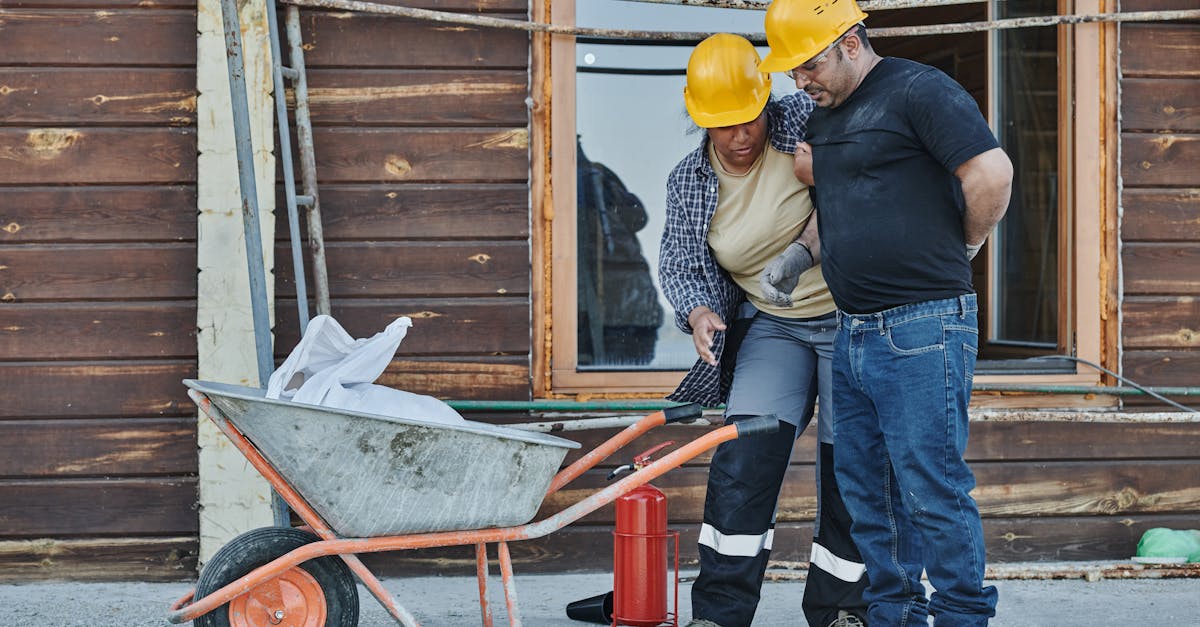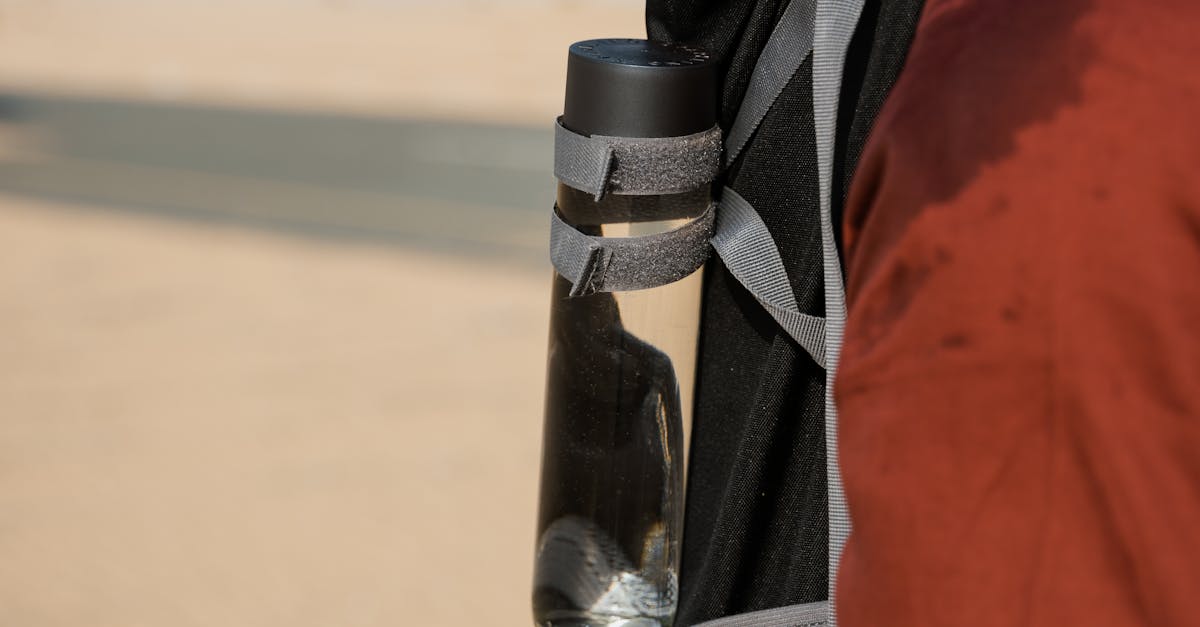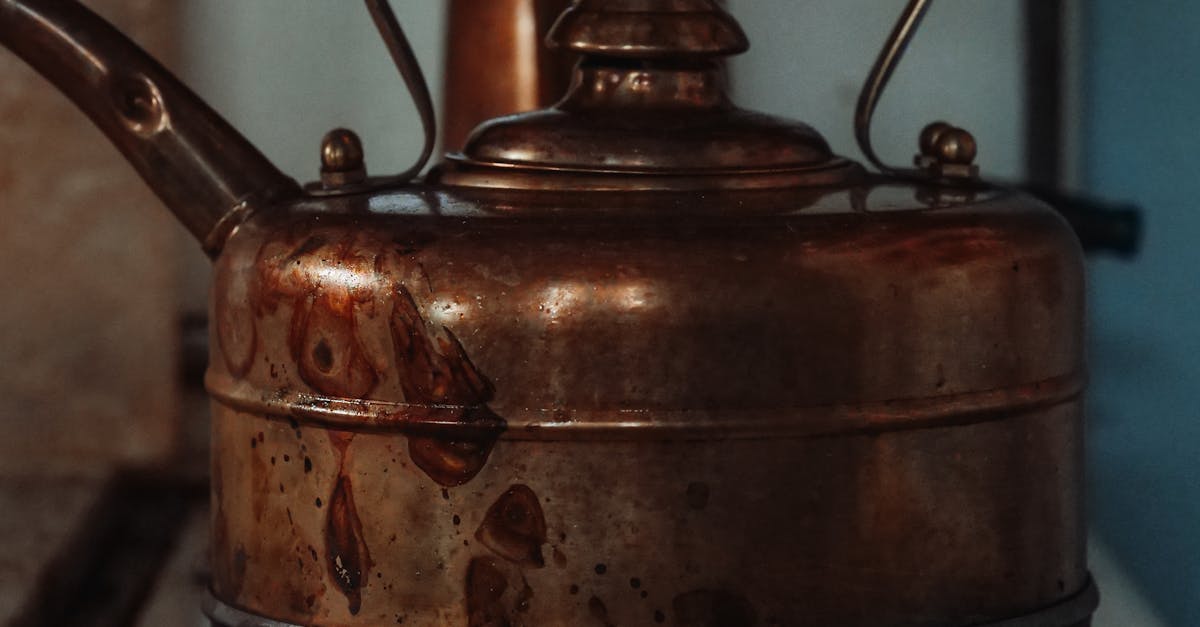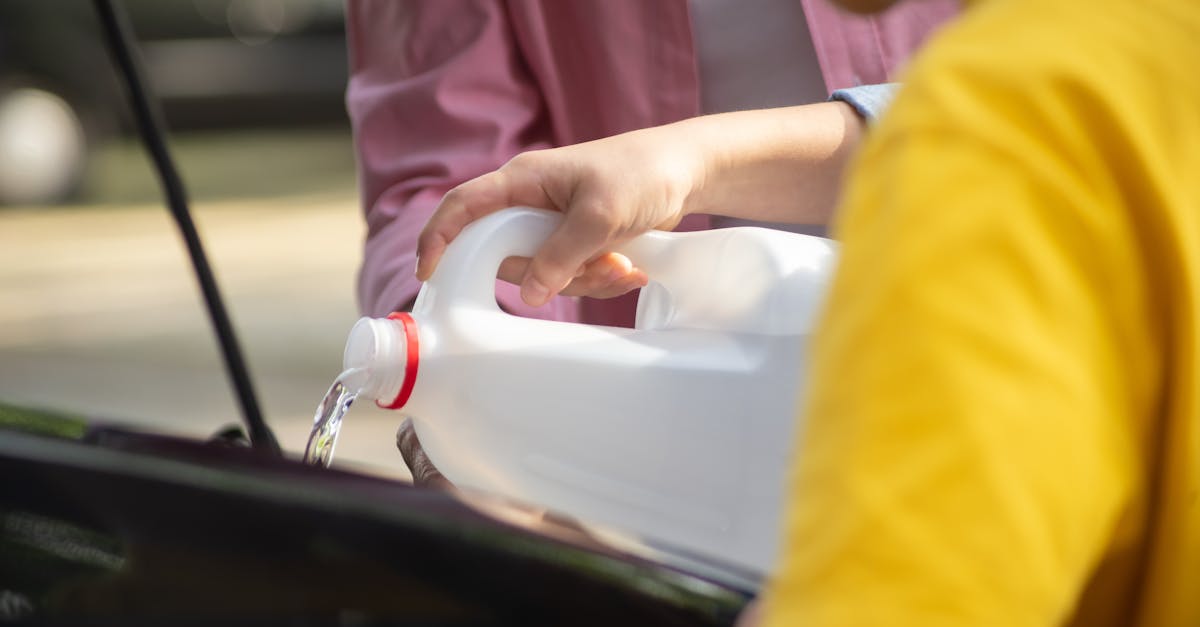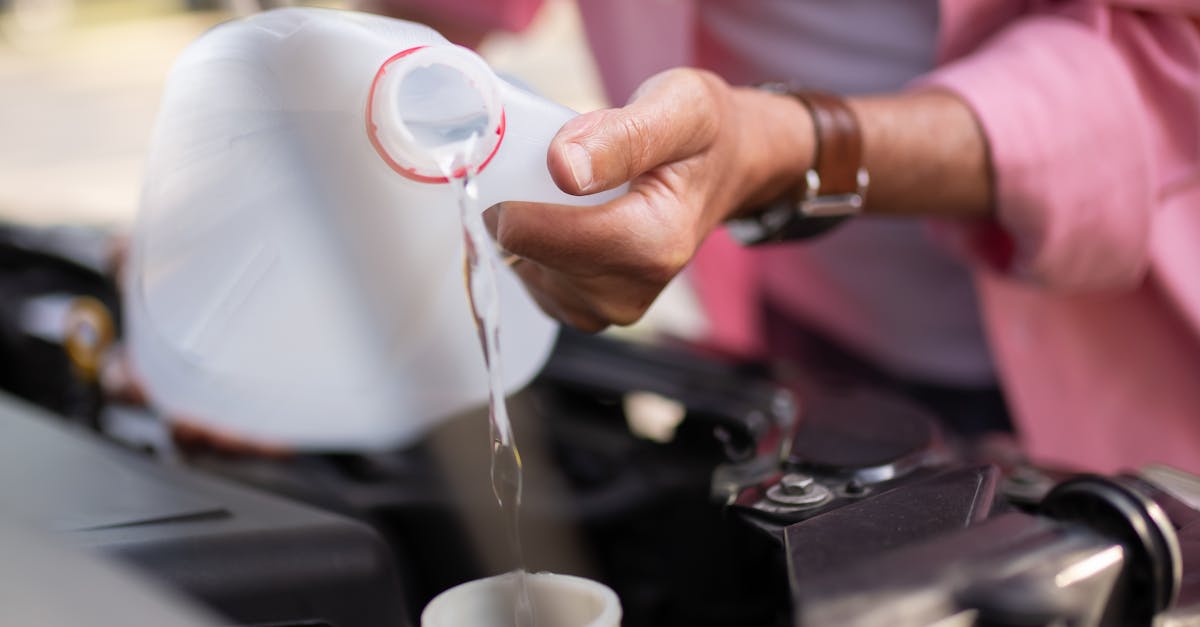
Table Of Contents
Repair vs. Replacement
When faced with a burst hot water heater, homeowners may wonder whether to repair or replace the unit. Repair can be a suitable option if the damage is minor, such as a small leak or a faulty valve. This approach typically involves an emergency hot water repair, allowing homeowners to restore functionality without incurring the higher costs associated with a complete replacement. However, if the heater is old or has suffered significant damage, repair might only be a temporary fix.
Replacement becomes necessary when the unit is beyond repair or has a history of frequent issues. Installing a new hot water heater can provide better energy efficiency and reduce the likelihood of future problems. It’s important to weigh the costs of ongoing repairs against the investment in a new system. Homeowners should consider factors such as warranty options, energy ratings and the estimated lifespan of the new unit before making a decision.
Factors Influencing Your Decision
When deciding between repairing or replacing a hot water heater, several factors come into play. The age of the unit is significant; older heaters often require more frequent repairs, making replacement a more cost-effective option. The extent of the damage is also crucial; minor issues might only need an emergency hot water repair, while extensive damage could warrant complete replacement.
Cost considerations will influence your choice as well. Repairs may involve lower immediate expenses, but they can accumulate over time if the heater is nearing the end of its lifespan. Energy efficiency is another important aspect; newer models tend to be more efficient, leading to reduced utility bills. Assessing these factors can help you arrive at a decision that best suits your situation.
Prevention Strategies
Regular maintenance of your hot water heater is critical in preventing potential failures. Schedule annual inspections with a qualified technician to check for signs of wear or leaks. Flushing the tank periodically can also help remove sediment buildup, which can compromise efficiency and lead to premature failure. Keeping an eye on the pressure relief valve will ensure it functions correctly, reducing the risk of pressure-related issues that could result in an emergency hot water repair.
In addition to regular maintenance, monitoring your water heater’s age will help you anticipate any necessary upgrades. Most units last between 8 to 12 years, so being proactive about replacement can save you from unexpected problems. Insulating the heater and pipes can improve efficiency and reduce strain. Implementing these prevention strategies can help extend the life of your hot water heater while minimising the chances of experiencing a sudden malfunction.
Tips to Avoid Hot Water Heater Failures
Regular maintenance can significantly reduce the risk of hot water heater failures. It is advisable to inspect the unit at least once a year. Check for signs of rust, leaks, or corrosion around the tank. Flushing the tank to remove sediment build-up can also enhance its efficiency and longevity. Regular assessments can help identify potential issues before they escalate into major problems requiring emergency hot water repair.
Additionally, monitoring the temperature settings on your hot water heater can prevent undue stress on the system. Ideally, the temperature should be set between 60 to 65 degrees Celsius. Higher settings can cause overheating, while lower settings might encourage bacterial growth. Installing a water softener can also help protect your unit from mineral build-up, ensuring smooth operation and reducing the likelihood of unexpected failures.
Understanding Insurance Coverage
Home insurance policies may offer coverage for damages caused by a burst hot water heater. This usually includes repairs to the property and potential replacement of damaged belongings. However, the specifics can vary widely between policies. It's essential to examine your own policy to understand what is included and what exclusions may apply, particularly regarding wear and tear or lack of maintenance.
If an emergency hot water repair is needed, having comprehensive coverage can alleviate some of the financial burden. Many homeowners may overlook the importance of ensuring that their policy covers sudden events like appliance failures. Keeping in touch with your insurer and reviewing your policy regularly can help ensure that you are adequately protected in case of an unexpected incident.
What to Know About Your Policy
When considering insurance coverage related to a hot water heater burst, it's essential to review your policy thoroughly. Most home insurance policies may cover sudden and accidental damage to your property, which can include the fallout from a failed water heater. However, specific circumstances or maintenance issues might affect your coverage. Consulting your insurance provider can clarify what situations are deemed eligible for claims.
Understanding whether your policy covers emergency hot water repair is equally important. Be aware that not all policies include emergency repairs, and limitations may apply based on the extent of the damage or the cause of the failure. Documenting maintenance records and any previous repairs can strengthen your case when filing a claim, ensuring you navigate this potentially stressful situation with adequate support.
FAQS
What are the common signs that a hot water heater might burst?
Common signs include unusual noises, leaks around the unit, inconsistent water temperatures, and rust or corrosion on the tank.
How can I prevent my hot water heater from bursting?
Regular maintenance, including flushing the tank, checking the pressure relief valve, and inspecting for leaks, can help prevent failures.
What should I do immediately if my hot water heater bursts?
Turn off the power and water supply to the heater, evacuate any affected areas, and contact a licensed plumber or emergency services for assistance.
Will my home insurance cover damage from a burst hot water heater?
Coverage can vary depending on your policy, so it’s crucial to review your home insurance policy and speak with your provider about specific coverage details.
How often should I have my hot water heater inspected?
It’s generally recommended to have your hot water heater inspected at least once a year to ensure it's in good working condition and to identify any potential issues early.


